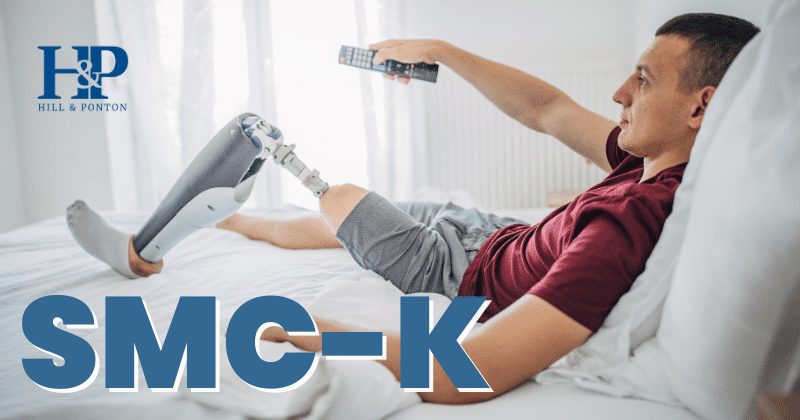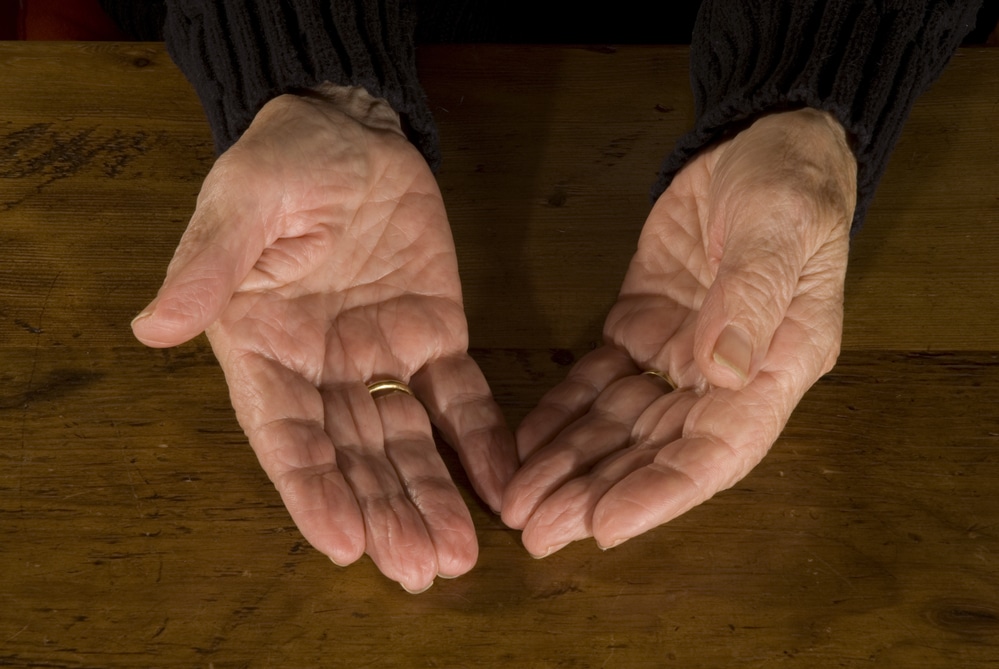Veterans who find it challenging to manage daily life due to health issues may qualify for additional support through the U.S. Department of Veterans Affairs (VA).
This extra support comes in the form of aid and attendance (A&A) benefits, which are added on top of the regular VA pension benefits.
This assistance is also available through housebound benefits for those who qualify.
Understanding Aid & Attendance
Aid and Attendance (A&A) is a special monthly payment available to veterans who require assistance beyond what their 100% disability rating provides.
This means that even if you’re already receiving full benefits, A&A can offer additional financial support to cover the costs of necessary care.
Want to skip the article and check out a video by one of our attorneys about housebound benefits? Check it out below.
Eligibility Criteria for A&A
Qualifying for A&A involves meeting specific criteria across three main categories:
- Service Requirements: Veterans must have served at least 90 consecutive days of active duty, with at least one day during a recognized wartime period. It’s important to note that actual combat service is not a requirement.
- Health and Clinical Needs: Veterans need to demonstrate a need for assistance with daily living activities, such as bathing, dressing, or moving around. Conditions that might qualify include being bedridden due to illness, living in a nursing home due to mental or physical incapacitation, or having severe visual impairment.
- Financial Considerations: The VA sets income and asset limits to determine financial need. These limits are adjusted annually for inflation and aim to ensure that benefits go to veterans who truly need financial assistance to afford care.
Common Misunderstandings
A key point of confusion often lies in the difference between needing regular versus constant care.
To qualify for A&A, a veteran needs regular assistance, which does not imply a need for 24/7 care.
Additionally, the need for care must be due to the veteran’s inability to perform daily activities without help, not merely the presence of assistance.
How to Apply for Aid & Attendance
Veterans interested in applying for A&A should complete VA Form 21-2680 (Examination for Housebound Status or Permanent Need for Regular Aid and Attendance).
If applicable, those in nursing homes should also fill out VA Form 21-0779.
Including supporting evidence, such as medical records or a caregiver’s statement, can strengthen your application.
Who Can Serve as a Caretaker?
The VA does not restrict who can be considered a caretaker.
This means that spouses, children, other relatives, friends, or professional caregivers can all fulfill this role, as long as they provide the necessary regular assistance.
Want to know more about the VA’s caretaker program and benefits? Click below.





